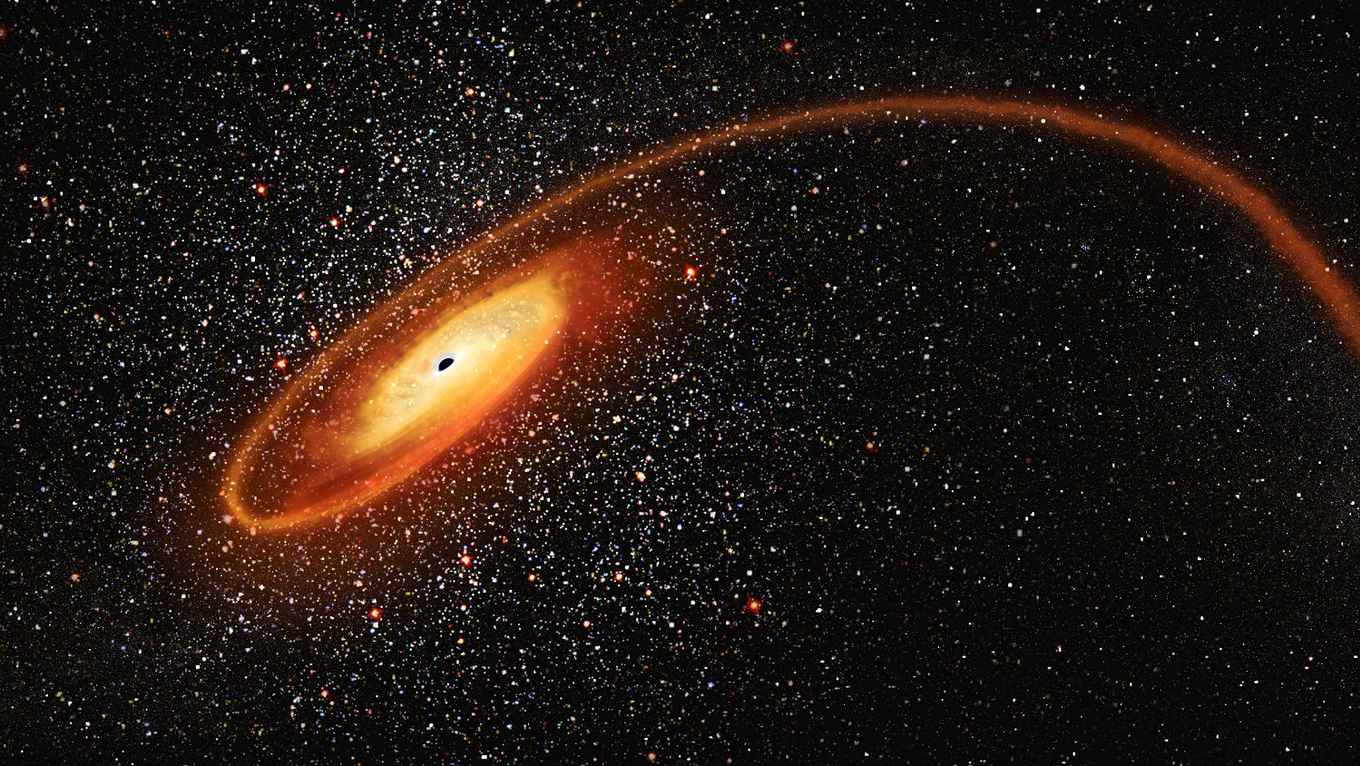Black hole research receives NWA grant
25 November 2020

The Dutch Black Hole Consortium will carry out an interdisciplinary black hole research programme, from developing telescope technology and doing geological research for the upcoming Einstein Telescope, to pure astronomy and foundational questions, curiosity driven, and with an educational and citizen science programme to further enhance societal impact.
An interesting collaboration is that of physicist and historian of science Jeroen van Dongen and string theorist Jan de Boer, who will supervise a PhD student to do historical and philosophical research about black holes, and who will also, together with other UvA scientists, be involved in setting up an exhibition about black hole research at the Rijksmuseum Boerhaave. Further UvA physicists and astronomers involved in the project are Alejandra Castro, Tanja Hinderer, Sera Markoff, Samaya Nissanke and Erik Verlinde.
Besides the Universities of Utrecht and Amsterdam, the consortium, for which Stefan Vandoren (Utrecht University) is the coordinator, consists of Radboud University, Nikhef, Twente University, Maastricht University, KNMI, TU Delft, Leiden University, Hogeschool van Amsterdam (HvA), TNO, Hogeschool Utrecht, Rijksmuseum Boerhaave, Museumplein Limburg, Provincie Limburg, Innoseis, Shell, Las Cumbres Observatory, The Black Hole Initiative (Harvard) and Natuurkunde.nl.
NWA-ORC
The project is financed as part of the second round in the programme of the National Science Agenda: Research in Routes by Consortia (NWA-ORC). Besides the neutrino consortium, 20 other consortia will work in teams doing interdisciplinary research that brings scientific and societal breakthroughs within reach. A second consortium, researching relic neutrinos from immediately after the Big Bang, also involves UvA physicists. In all of the projects, the entire knowledge chain and both public and private societal parties work together closely.